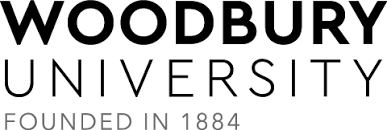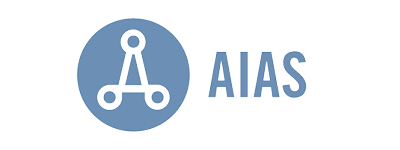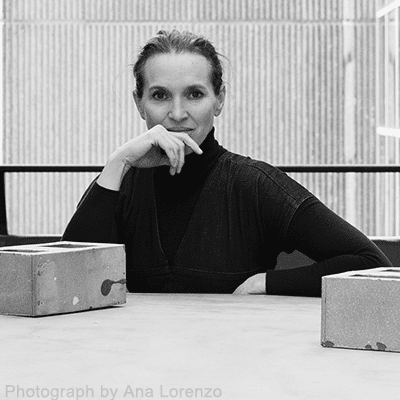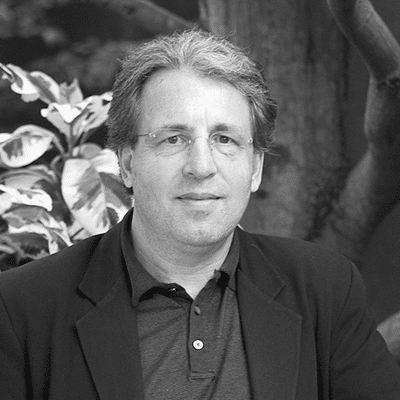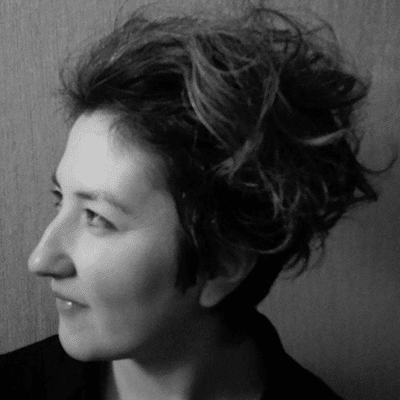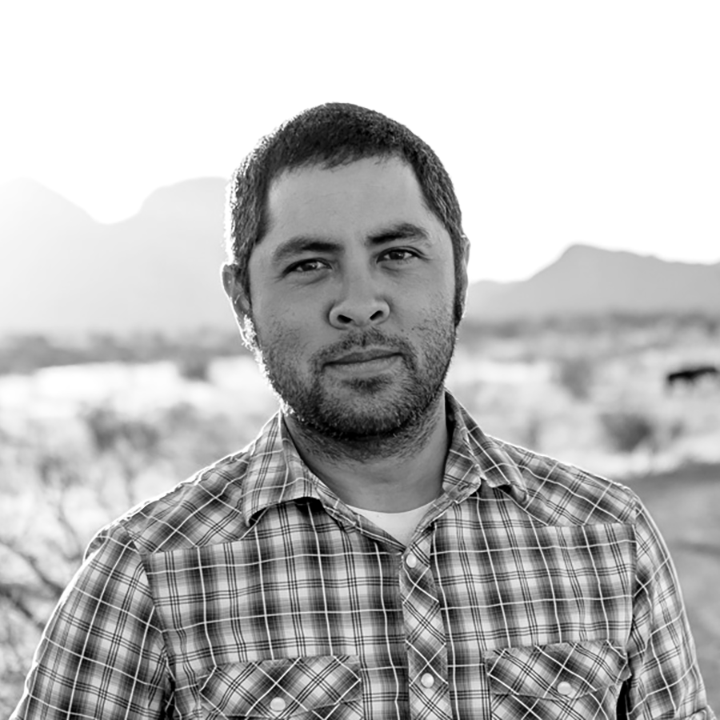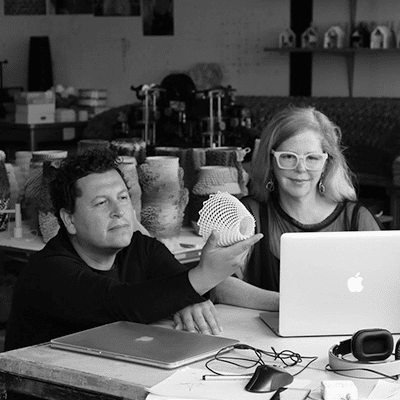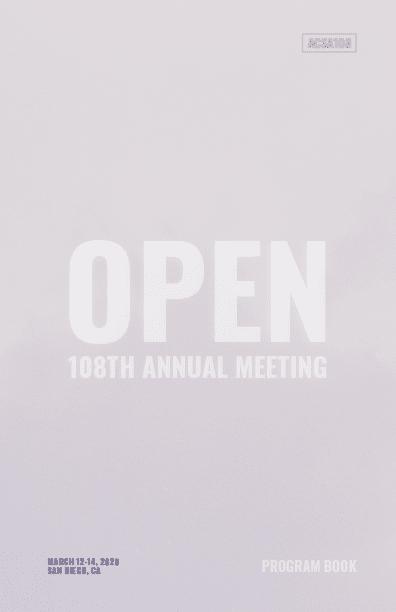Merve Bedir is an architect based in Rotterdam and Hong Kong. She is the co-founder of design practice Land and Civilization Compositions, and Aformal Academy and experimental pedagogies program focusing on urbanism and beyond. Currently, she is an adjunct assistant professor in Hong Kong University, Faculty of Architecture. Her research engages in the human and nonhuman flows, its infrastructures and technologies in built environment. She received her BArch at Middle East Technical University (2003) and her PhD at Delft University of Technology (2017).
Merve is a founding member of The Kitchen, a transnational women collective based in Gaziantep/ Turkey, and Center for Spatial Justice in Istanbul/ Turkey. She curated uncommon river (Plovdiv, Bulgaria), Vocabulary of Hospitality (Istanbul), and co-curated Automated Landscapes (Shenzhen). Her work took part in Venice, Istanbul Design, Shenzhen, and Saõ Paulo Biennales, and Oslo Triennale. She wrote in AD Magazine, Harvard Design Magazine, Volume, and Funambulist among others. Merve has taught in Birmingham University, Hong Kong University, Columbia GSAPP, and Delft University of Technology, among others.

 Study Architecture
Study Architecture  ProPEL
ProPEL 